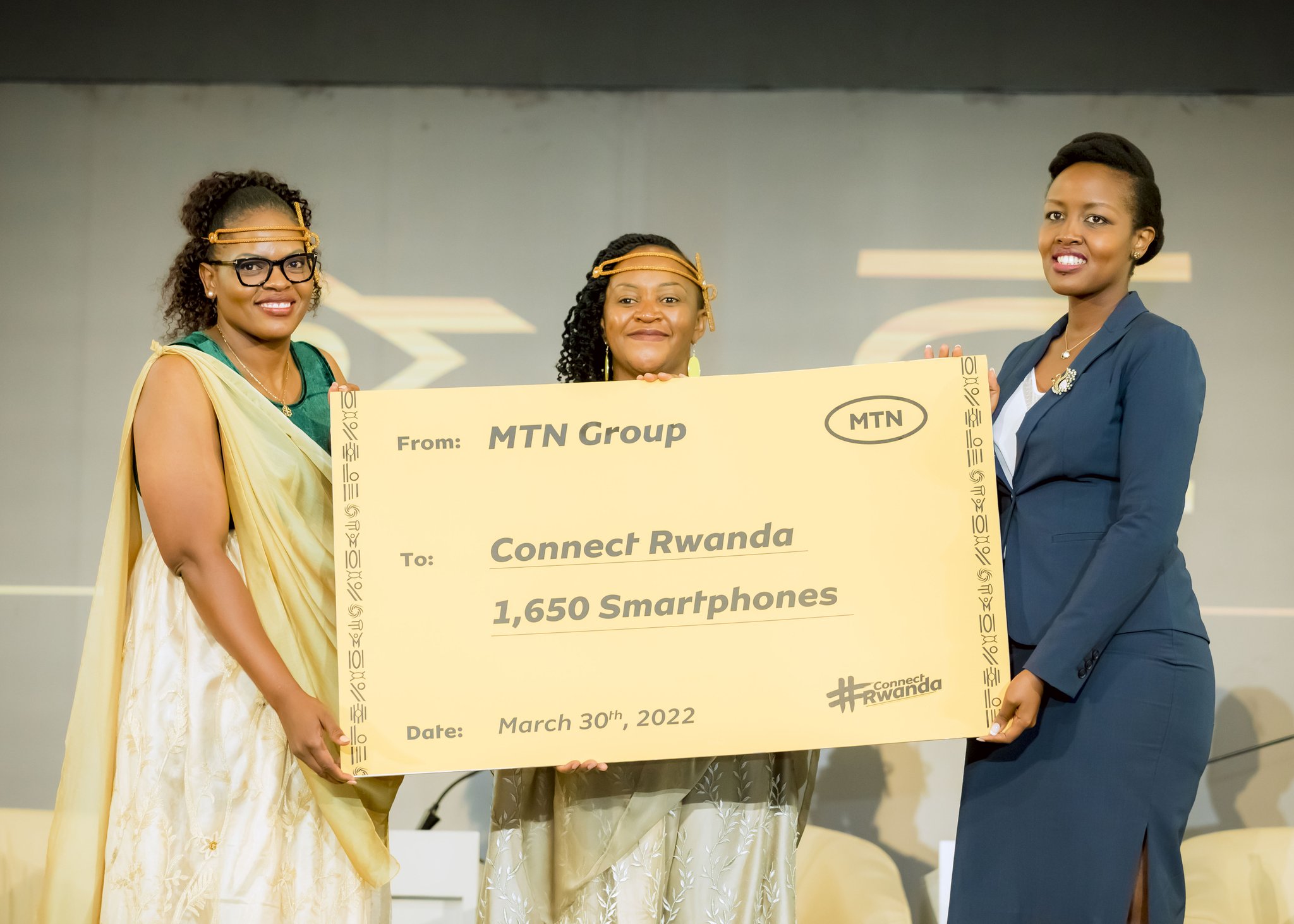

A Rwandan tech start-up rolling out a smartphone application in the local market, can only access about 20 per cent of the local market, a figure not exceeding 3 million users.
This is due to the smartphone penetration rate which is estimated at around 20 per cent.
The low penetration among other things has an effect on the pace of rollout of digital technologies in the market, potential market size for application developers, as well as impact of solutions rolled out in the market.
With a higher smartphone penetration, sector commentators say that the local market is likely to witness much more rapid developments in the mobile solutions scene in the country.
MTN Group says that they are keen on being part of the solution through sustainable approaches in Rwanda and across the region.
Among the approaches that they are mulling, according to the Group’s Chief Executive and President Ralph Mupita, include partnering with manufacturers of handsets with data capabilities to further bring down the cost of the gadgets.


Experts say that with relevant pricing, it would be a win-win scenario for all parties involved as producers would see growth in sales of their gadgets consequently driving up revenues. Cost of production per gadget would go low as they leverage economies of scale.
Mupita said that the firm has been looking at multiple models that would be impactful in changing the status quo.
"The issue of handsets has been vexing us for quite a while, we need data capable devices that are affordable within the regional market perspective as opposed to the over $50 as is currently the case.
We are looking at partnerships with providers of low cost smart handsets, we are also looking at ways to finance the gap. It is something we are looking at across markets. We are talking to firms that produce affordable handsets and you can expect to see change in that direction in the next two years or less,” he said.
In June, MTN Rwanda in partnership with Bank of Kigali PLC (BK) and Intelligra, signed a handset financing tripartite agreement that aims to provide smartphones to customers through a device-financing programme.
Intelligra offers a pan-African Smartphone financing solution through a platform that integrates device manufacturers, financiers and mobile network operators.
The device financing programme which is set to kick off in coming days, aims at contributing to the acceleration of smartphone penetration in the country and build on the achievements made during the Connect Rwanda campaign that has run for two years.
In 2020, MTN Rwanda in partnership with the government, through the Ministry of ICT and Innovation, rolled out Connect Rwanda initiative which sought to avail smartphones to the unconnected by calling on individuals and households to donate to the cause. Over 44,000 smartphones were availed to Rwandan households.
Mupita also commented on broadband rollout to bridge the digital divide, which he said calls for multiple innovative solutions by stakeholders as current pace could take generations.
"If we go at the pace that we are going, it might take us a whole generation to close the digital divide and with the results of COVID-19, we need to be more innovative. Network operators such us MTN have done a lot to be able to roll out innovative solutions
It is going to require a broader approach and a very different way of thinking. We can't leave the unconnected behind, we have to take the current generation with us.
We need to double down on getting affordable handsets. The key area around affordability is having a commitment with the right regulatory framework. We also need to create systems that accommodate local speakers and try to tailor it for local languages and literacy," he said.
He challenged fellow private sector players to commit to working with governments and policy makers to rollout available capital to connect the unconnected.
"We would just ask for a regulatory regime that provides certainty for long term capital to invest, and we would then commit to bringing down the costs of internet access and you would be surprised at how quickly we move to be able to close the gap," he added.


